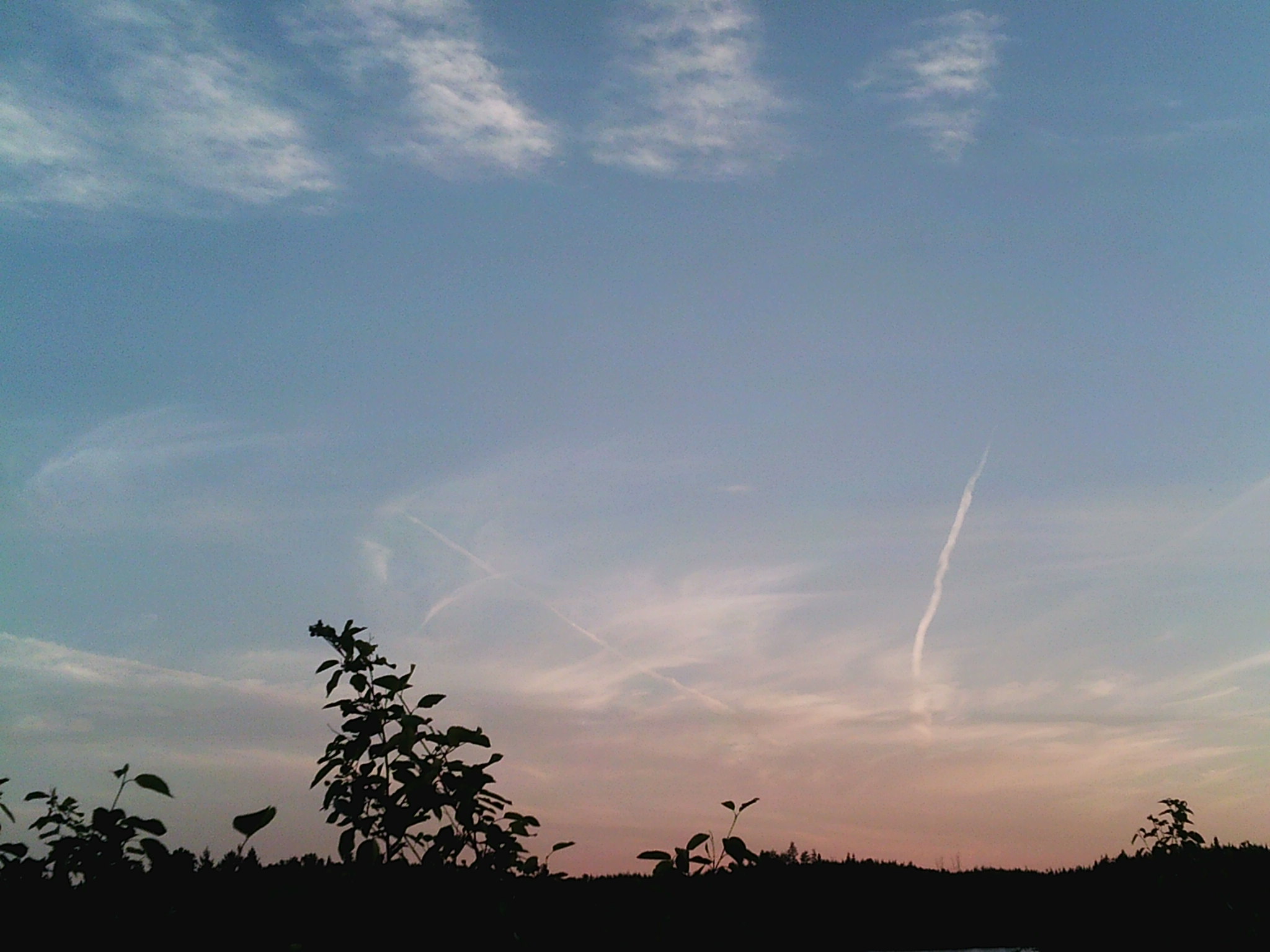Human
Society of Magisters archives
Humans. The bloodthirsty, everwarring, destructive species of which we are cousins. Born into this world too late to see the work of our early magisters, and too early to discover us, their progeny.
Historian-General of the Society of Magisters
This is the hominid (
Homo sapiens sapiens). Their anatomy is well described in
their own databases. While they have built-in biases and different ideals, they still try to get along. They may have things like selfishness, despair, war, and evil, but they also have altruism, hope, peace, and most importantly goodwill. As our sister species, humans are capable of doing much good or much evil. The main focus of the Society should be preventing them from destroying themselves or others.
Civilization and Culture
All major organizations, including the twenty kingdoms on the isles and mainland, the fifty-three distinct orders, and the numerous guilds are, in general, maintained and run by humans.
The humans generally speak the languages of Yutal-Kapuloan family, the mainland language branch that is almost fully derived from human speech. The humans that are on the archipelago, however, generally speak a different language group, Illyrian, derived from the combination of human and magister languages when the humans arrived on the archipelago about 2500 years ago (1000 Earth years).
We were chanced upon by humans fleeing from a mainland civil war. First, our ancestors demonstrated their powers, then promised to give the humans all sorts of benefits by having joint human-magister families, personally wanting to hide the fact of our existence from the humans.
Many humans agreed, and the resultant breeding produced all sorts of people, ranging from exhibiting mostly human traits to ones that had near all the powers of magisters. However, due to the first generation of magister genes having done away with most magisters by human-magister interbreeding, we were able to hide their existence easily. Currently, within our council, many want to define magister and human as the same subspecies, as a continuum between fully human and fully magister. The humans currently do not know of our existence.
In the present day, humans exhibit a spectrum of magister traits: starting from fully human, first effects of magister genes are to reduce chance of early death, then higher sensitivity to changes in the ambient luck field, then slightly higher intelligence, with an unnatural ability to persuade, then finally the tools needed to manipulate luck, which is the definition of the boundary between human and magister. All throughout these changes, ambient magister genes increase average lifespan, such that while ordinary humans have an average lifespan of 82 years (33 Earth years), almost-magisters (1 in 150) have an average lifespan of 225 years (90 Earth years).
Scientific Name
Homo sapiens sapiens
Origin/Ancestry
Mainland Continent
Lifespan
82 - 225 years (33 - 90 earth years)
Conservation Status
Least Concern (Magister-Standard 3.3)
Average Height
1.6 - 2.1 m
Average Weight
55 - 90 kg
Related to:
Entry for Forging Worlds with Tale Foundry
Answering: "
Describe the predominant species of the location."












My question would be: what makes humanity different in this setting? Talking about the stone-age development of humanity, 200k years ago isn't really going to impact the TF story, while their interaction with the Magisters would. I'd focus on the stuff that is different and interesting and relevant: it's safe to assume a reader will know what a human looks like. The out-of-universe lines ("If you're wondering about the names, most of these names are just placeholders subject to change once I actually create my language.") are also really jarring as far as immersion into the text goes. I'd suggest getting rid of them; you don't need to explain that to us, you just need to keep writin'. :) So what makes them different? A lifespan of 33 sounds pretty short (if it is the average and counting infant mortality etc, makes more sense though). You present humanity as sort of a monolith of pretty awful people: is that intentional? Are they all jerks? "but those on the mainland continue to use their usual diplomacy on animals, which is usually killing." I'm a little confused about this line. Do human-magi people talk to animals instead?
Creator of Araea, Megacorpolis, and many others.
Removed out of universe lines, changed the interspecies relations section (should be between sentient species), edited summary. Yes, the 33 year lifespan is the average and counts infant and child mortality due to disease.